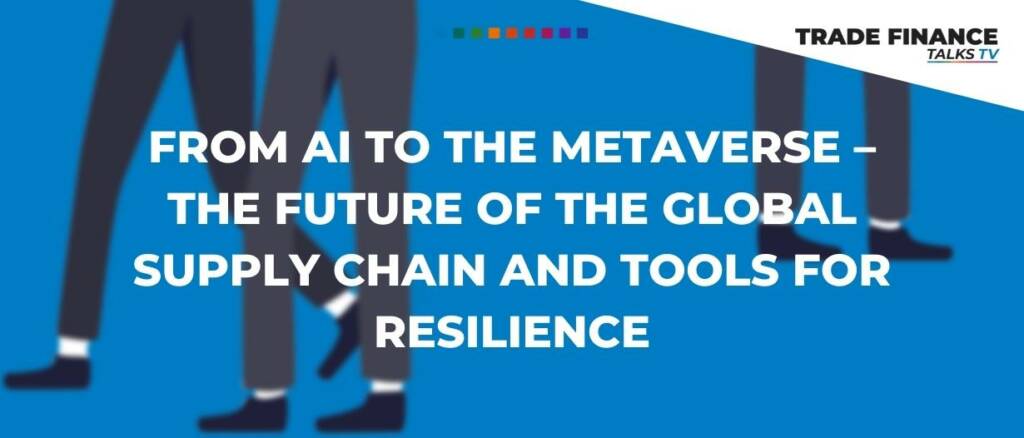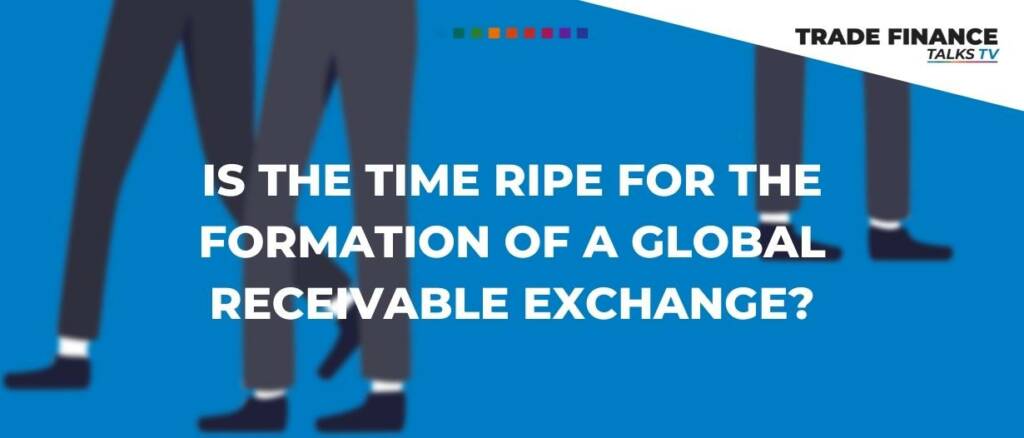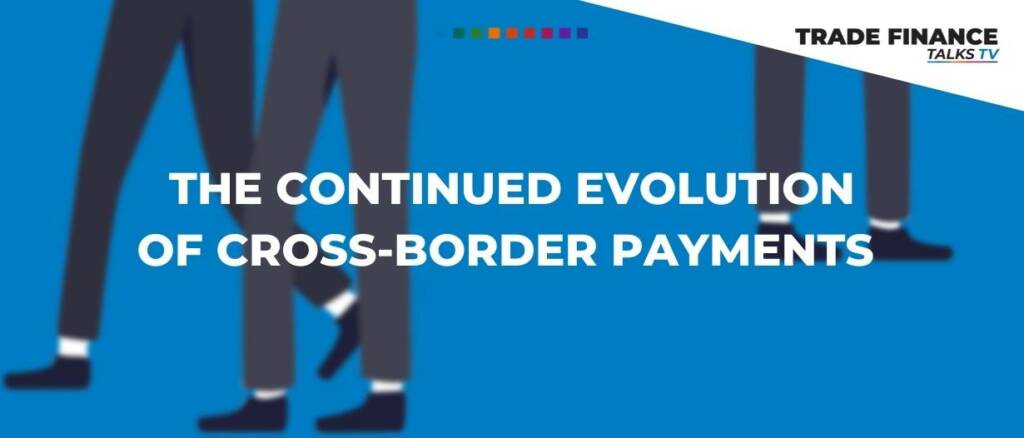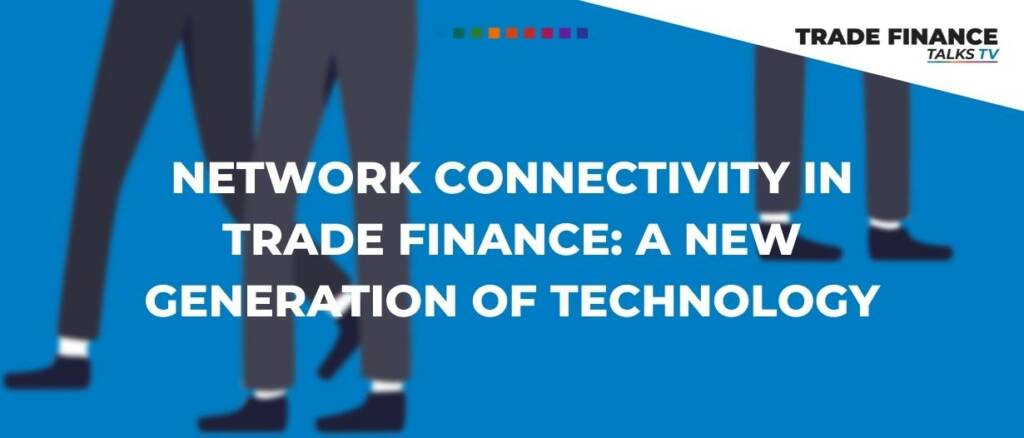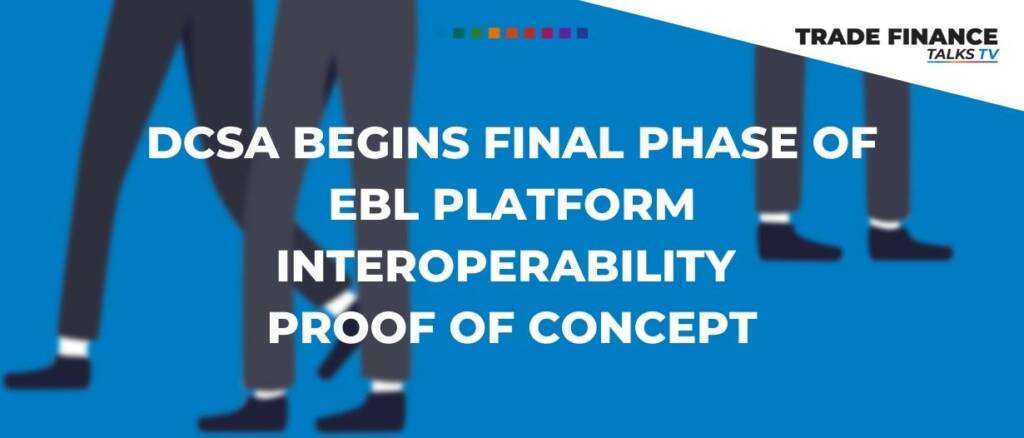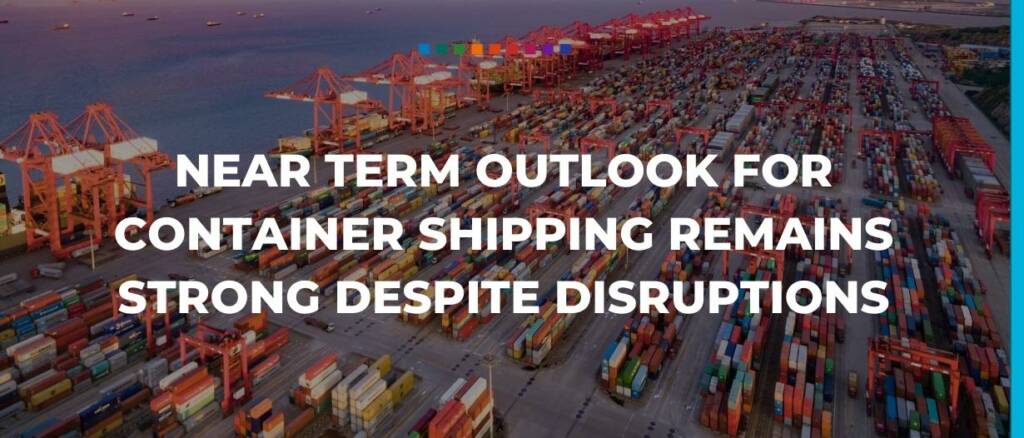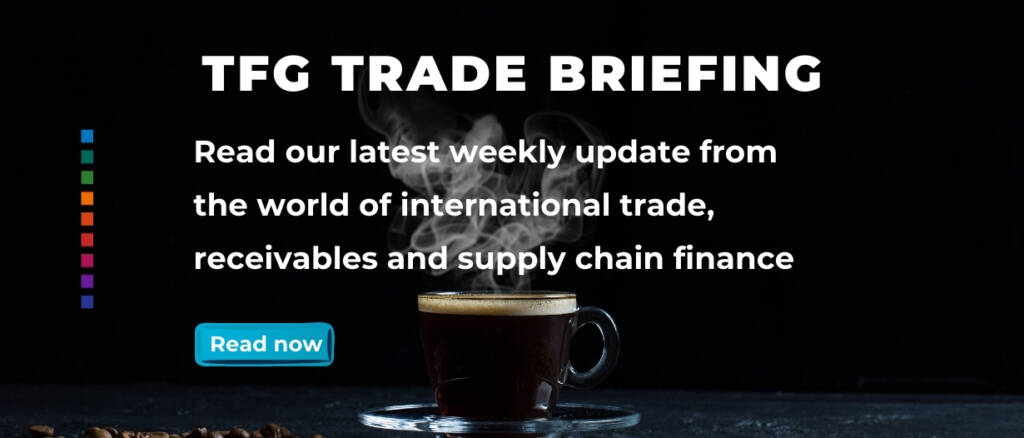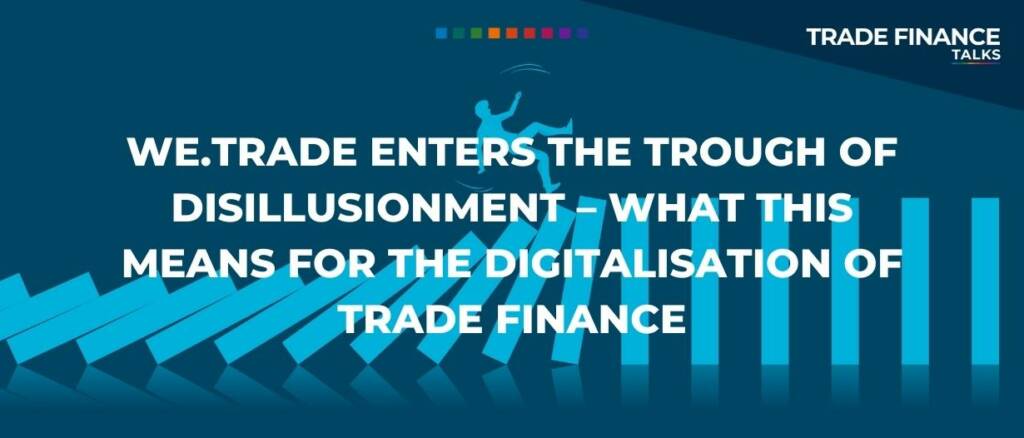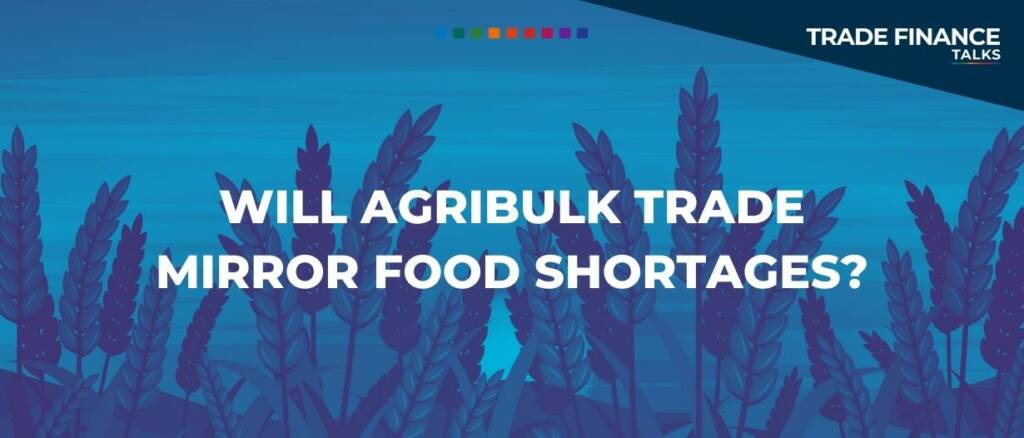When King Henry II composed the first major treatise of English property law in 1187, he lacked the foresight to mention anything related to the ownership of digital assets. Thankfully,… read more →
Artificial intelligence. The metaverse. What do these tools have in common for supply chains? These are the technological building blocks for the future of the global supply chain – a fully digitised, connected, self-orchestrated ecosystem where even consumers hold decision-making power.
In 2019, FCI formed a working group called “Receivables as an Investable Asset Class” (RIAC). It was comprised of FCI members and companies who operate as funds supporting the
Cross-border payments are at the core of international finance and economic activity and it have undergone dramatic changes over the past fifty years.
The last decade has seen a substantial change in global trade bank attitudes towards innovation and collaboration.
Digital Container Shipping Association (DCSA), a neutral, non-profit group established to further the digitalisation and standardisation of container shipping in conjunction with its nine carrier members, today announced phase two… read more →
Despite port congestion woes, COVID-19 lockdowns in Asia and vessel availability issues, the container shipping sector remains in boom territory. TFG investigates.
Your Monday morning coffee briefing from TFG: we.trade enters the trough of disillusionment – what this means for the digitalisation of trade finance
we.trade, a blockchain-based trade finance network owned by 12 European banks and IBM, told shareholders in May that it had run out of cash.
The UN’s World Food Programme has warned that the failure to open Black Sea ports is a declaration of war on global food insecurity and will lead to famine, destabilisation of nations, and mass migration by necessity.
















